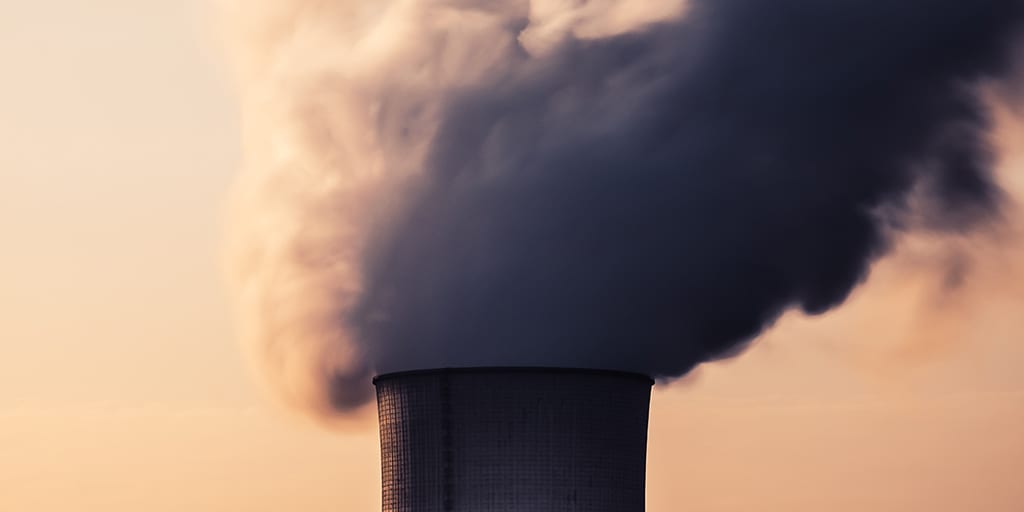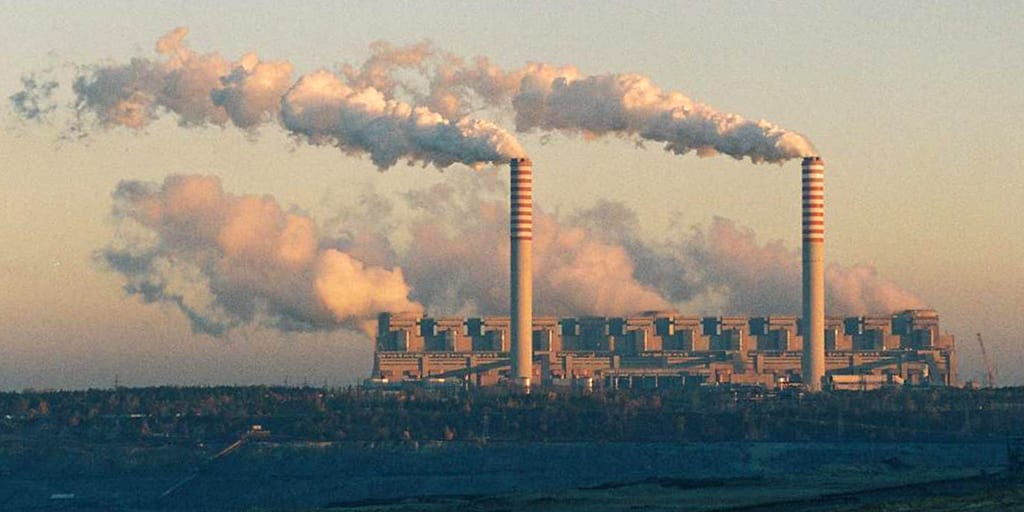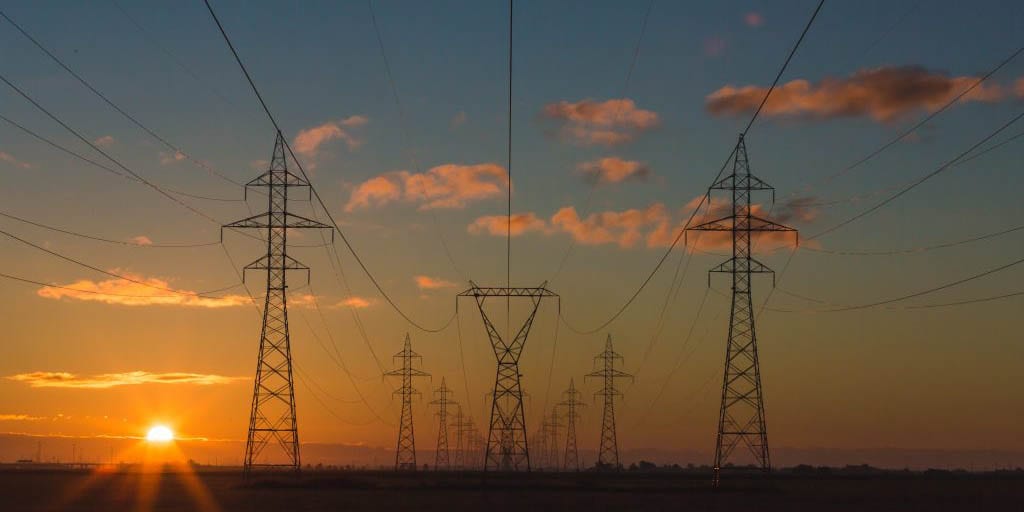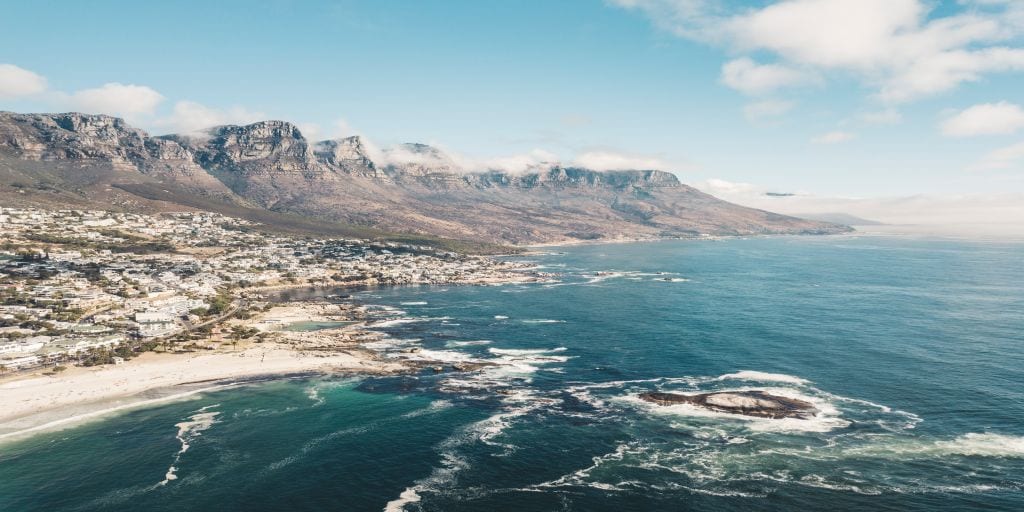South Africa
Country indicators
Fossil fuel subsidies (USD, billions):
Fossil fuel subsidies with externalities (% of GDP):
News

BRICS summit is likely to strongly oppose carbon tax proposed by EU
Brazil, Russia, India, China and South Africa may strongly oppose the proposed Carbon Border Adjustment Mechanism (CBAM) by the European Union at the 13th BRICS Summit on Thursday as the five developing countries will likely be the biggest losers from its implementation. In a veiled reference to CBAM, BRICS trade ministers last week cautioned that any measure to tackle climate change must be in conformity with multilateral trading rules and shouldn’t put arbitrary restrictions on international trade.

South Africa carbon tax to align to UN treaties
South Africa’s carbon tax laws are set to change with the international frameworks it aligns to, as reflected in the latest amendment to the carbon offset regulations.

EU’s border tax gives countries 5 years to clean up industries or face penalties
Unpopular among the bloc’s trading partners, countries are seeking exemptions to the carbon levy, as Brussels hints alternatives to pricing may be considered to dodge the tax The European Union
Reports

Beyond Fossil Fuels: Fiscal transition in BRICS (IISD 2019)
The BRICS—Brazil, Russia, India, China and South Africa—are both influencing and being influenced by global energy markets and the clean energy transition. This report by the IISD focuses on the

State of South African City Finances (SACN)
In its annual State of City finances report, the South African Cities Network (SACN) makes a number of recommendations for tackling challenges facing the finances of nine of the largest

Taxing Energy Use 2015 (OECD)
This OECD report provides a systematic analysis of the structure and level of energy taxes in OECD and selected partner countries, which together cover 80% of global energy use. The
Policy Briefs
Update on the Operationalisation of the Carbon Tax – Carbon Budget Mitigation System (South Africa)
On 23 February 2021, the Department of Environment, Forestry and Fisheries (DEFF), Government of South Africa gave a presentation at the Portfolio Committee Meeting on the Operationalisation of the Carbon

South Africa – Country profile
Background South Africa is a middle-income emerging economy with abundant natural resources including minerals (gold, iron ore, coal, platinum, and diamonds among others) and timber. It is mostly semi-arid with



